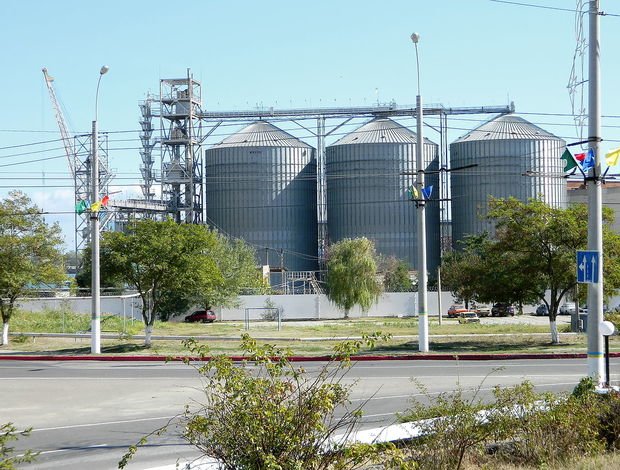Russia resorts to ship-to-ship transfer to deal with increased grain export
Russia continues to secure its leadership in grain supplies, especially in wheat export, due to a boom in production and relatively cheap costs. The country's cargo terminals are finding it increasingly difficult to cope with ever-bigger harvests and growing demand from remote markets, so traders are turning to ship-to-ship transfer strategy, which is often used to move oil and gas.
Russia has so much wheat that it can't export it all via the usual methods, so shippers are increasingly turning to a once-rare technique to get more grain on boats, reports Bloomberg. Russian ports in the deep waters of the Black Sea, which transfer the majority of Russian wheat, have reached their limit. Novorossiysk Grain Plant has had to move to a 24-hour schedule because of the increased workload this season. According to the company's annual report, the volumes have at times overwhelmed the national grain-shipping industry, causing recommended equipment capacities to be exceeded.
Traders have found an alternative solution: they are putting more grain on small ships in the nearby Sea of Azov. The ships then transfer the cargo to vessels anchored in the Kerch Strait, which loaded the grain via cranes onto bigger oceangoing crafts that then sail through the Black Sea. Azov ports can load around 5,000 tonnes of grain onto a ship with a draft of up to five metres, while in the Kerch Strait, vessels with drafts reaching 17,5 metres take cargoes of as much as 75,000 tonnes.

Such ship-to-ship transfers accounted for about 20% of Russia's grain exports in 2017, compared to 2% in 2013. Almost nine million metric tonnes of grain was exported this way last year, which exceeded the total shipped from Russia's biggest grain terminal in Novorossiysk on the Black Sea, according to Russia's grain certification agency. ''This has become a leading channel of exports,'' confirms Dmitry Rylko, director general at the Institute for Agriculture Market Studies (IKAR). ''Cargoes out of the Sea of Azov in recent years, especially during the current season, have brought about colossal volumes of ship-to-ship transfers.''
Nonetheless, the number of vessels able to ferry grain from shallow ports is also limited. Demand for such vessels is so high that some shippers are securing contracts several months in advance, says Dmitry Goncharenko, general director of Transcargo shipping company, which transferred about 2 million tonnes of grains in the area last year. ''Not all shippers are able to book these vessels,'' he said.
''If there's no option for the trans-shipment at sea, the Black Sea ports just won't be able to pull it off,'' considers Ivan Vikulov, CEO at Quorum Capital Ltd., a Gibraltar-based trader of Russian grain. ''We make a lot of deals involving trans-shipment.''